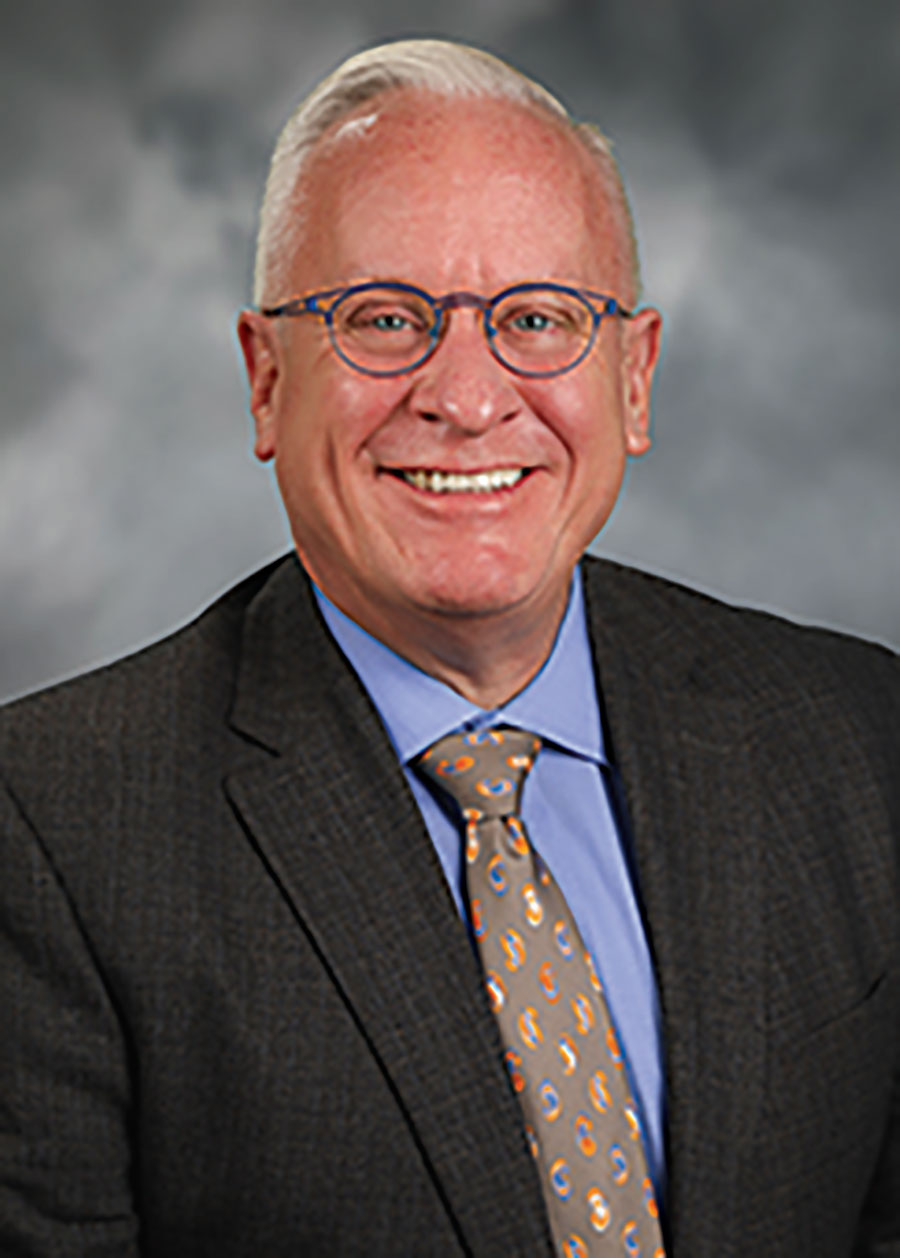Dedication to their patients and each other and an innate passion unrivaled by most other professions are two of the reasons why oncology nurses make great leaders—I know that from my daily work with colleagues both near and far as well as my experience as part of ONS’s Leadership Development Committee (LDC).

The committee oversees all leadership development initiatives for Society leaders and consists of seven members who are appointed by the ONS Board of Directors. I’ve been a committee member since 2019, and I began my role as LDC’s chair in April 2021. As I take on this position, I am excited about our work to cultivate a diverse and inclusive group of new and established leaders who can guide ONS and the profession through the years ahead.
LDC’s objectives are to:
- Identify potential and emerging ONS leaders.
- Support and mentor members interested in national leadership.
- Provide leadership and governance resources.
- Recruit and slate candidates for the ONS Board of Directors.
- Oversee the ONS election process.
Some of the characteristics I look for in emerging leaders are demonstrated potential in their current position, local ONS chapter, or other professional or community organizations; the ability to influence others; and acceptance that failure is a part of the journey.
The committee curates materials focused on leadership, including TED Talks and journal articles, and the ONS leadership learning library offers additional multimedia resources like videos and podcasts for leaders at every level. We also designed the leadership competencies self-assessment tool, which ends with a list of resources tailored to the participant’s responses.
LDC members like me meet with oncology nurses for one-on-one mentoring and group sessions during ONS conferences. Although they’re virtual for 2021, we have booths at ONS CongressTM and ONS BridgeTM and are available for virtual ONS chapter meetings and chapter board of director meetings. Individual chapters are another great resource for leadership development opportunities.
Every oncology nurse is a leader, and each of us should consider leadership at some point in our career. Whether it’s in our work setting; local, state, or national leadership; or through ONS, each of us has the potential and obligation to improve the care of the patients and families we serve through ensuring a competent, educated, and compassionate nursing workforce. Now, more than ever, we need to raise our voice as leaders to navigate society, patients, and each other through the challenges and opportunities we’re facing today and beyond.






